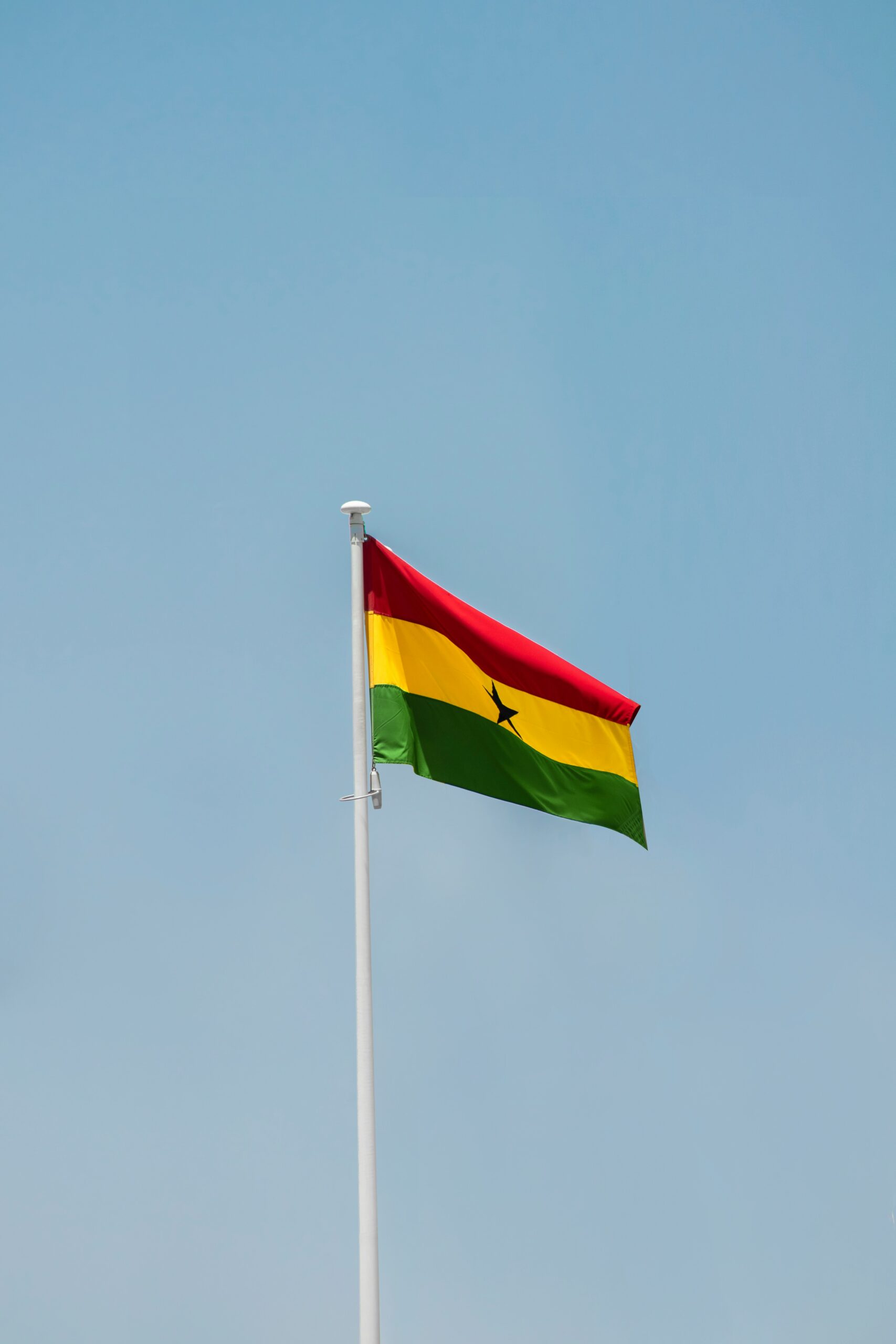By: Elise Swanson
This semester, I have been researching the relationship between two pieces of legislation in Ghana for International Justice Mission. The Human Trafficking Act, 2005 (Act 694) made human trafficking an offense in Ghana, and was supplemented by the Human Trafficking Regulations (L.I. 2219) in 2015.

Historically, there have been difficulties prosecuting and investigating human trafficking in Ghana. One of those problems is the need to provide communities with education on human trafficking. Children in Ghana are often exploited for forced labor, especially in fishing communities and domestic labor. This is because it is a cultural practice to send children to live with relatives, and oftentimes those relatives exploit the children for labor.
The creation of human trafficking as a criminal offense in 2005 was a huge step in the fight against human trafficking. However, the implementation of the Human Trafficking Act proved to be somewhat ineffective. Not only was there a lack of community education about human trafficking, but the definition of human trafficking in the Act was ambiguous, and not clear enough about what activities constituted human trafficking. As a consequence, there were minimal prosecutions and convictions. If law enforcement could not identify whether a crime fit in the definition of human trafficking, it was often charged as another offense, (such as a violation of the Children’s Act of 1998) which frequently have lesser penalties. The minimum sentence under the Human Trafficking Act is generally five years imprisonment. This ambiguity was addressed in an amendment to Act 694 in 2009. According to the US Department of State annual Trafficking in Persons report, in 2013, Ghana recorded three convictions. In 2014, there were seven convictions. In 2015, there were no convictions.
The adoption of the Human Trafficking Regulations in 2015 was another major stride toward the effective implementation of the Human Trafficking Act. The Regulations provided with more specificity what local activities are human trafficking, and what sentences should be imposed for different behaviors. For instance, the Regulations specify that a parent or guardian who permits or facilitates the trafficking of a child can be liable for a prison sentence between five and ten years. However, the minimum sentence increases to seven years if the parent/guardian has been convicted for a second time. The Regulations also provide a list of mitigating factors to be considered for sentencing. According to the United States Department of State, in 2022, there were 14 convictions. In 2023, there were 10 convictions. In 2024, there were 19 convictions
Ghana’s efforts to more effectively investigate and prosecute human trafficking are big steps, leading the country in the right direction in the fight against human trafficking. Working on this project this semester has been interesting, as comparing the Act and the Regulations has also involved a look at the effort and specificity it takes for a country to create and then implement an effective system for prosecuting human traffickers.
This post was written by a student at Regent University School of Law. The views expressed in this post do not necessarily reflect those of Regent University, Regent Law School, or the Center for Global Justice.

